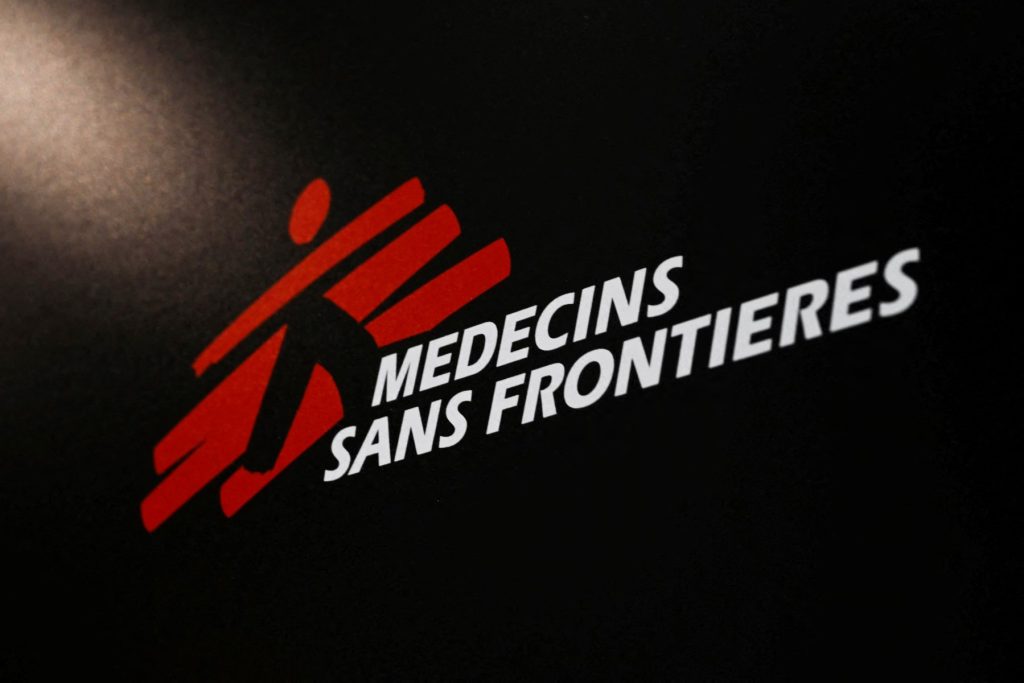Doctors Without Borders (MSF) calls for actions to combat the rapidly worsening cholera outbreak in Malakal, South Sudan‘s Upper Nile State.
The crisis, which began with the first suspected case on November 5, has escalated significantly, overwhelming the already limited response capacity.
By December 3, the number of reported cholera cases in Malakal had surged to 737, with MSF treating 646 patients—an astounding 87% of all cases. Zakaria Mwatia, MSF’s head of mission in South Sudan, highlighted their efforts, including the establishment of a 100-bed cholera treatment centre (CTC) in Assosa. Despite these measures, glaring gaps remain in the availability of functioning oral rehydration points (ORPs) and access to clean water and sanitation facilities.

The outbreak, first declared in Renk on October 28, 2024, has spread beyond Upper Nile State to areas such as Bentiu in Unity State, Aweil in Northern Bahr el Ghazal State, and even the capital, Juba. The situation in Renk—a key entry point for refugees and returnees from Sudan—has been exacerbated by inadequate living and hygiene conditions, fuelling the spread of the disease.
Over the past 18 months, more than 850,000 people have crossed into South Sudan from Sudan, with approximately 75% arriving via the Renk crossing. This massive influx of refugees and returnees has placed an unbearable strain on South Sudan’s already fragile healthcare system, increasing the urgency for a coordinated and robust response.
MSF has called for immediate action, emphasising the critical need for a comprehensive cholera vaccination campaign with rapid and equitable distribution. The organisation also stressed the importance of scaling up efforts to improve water, sanitation, and hygiene infrastructure to prevent further spread of the disease.
As migration continues to intensify the public health crisis, MSF warns that a stronger, unified response is essential to curb the outbreak and strengthen South Sudan’s overstretched health services.


